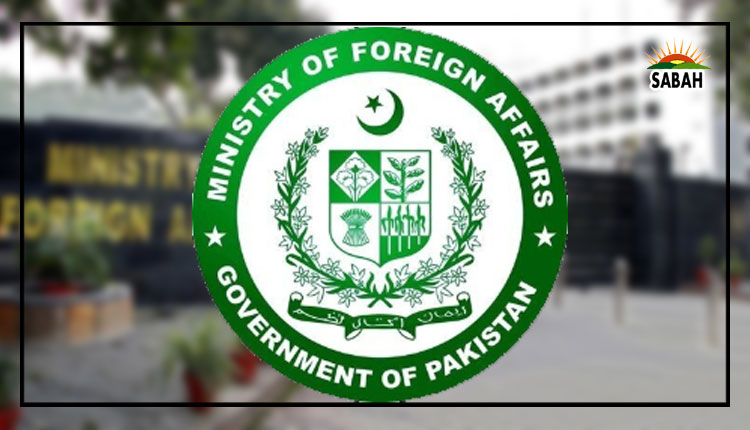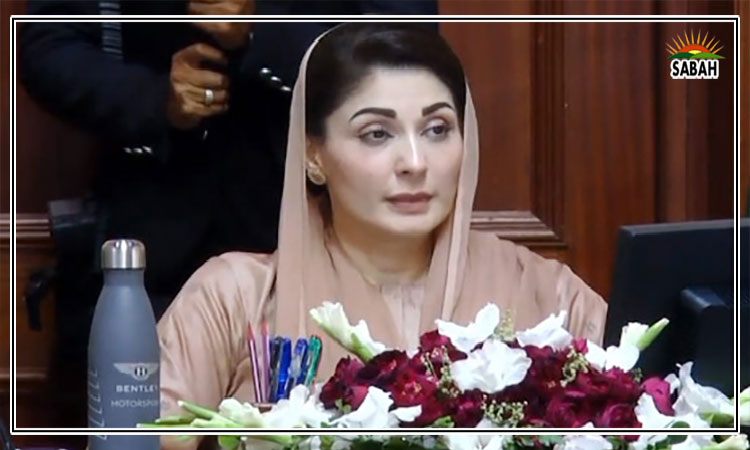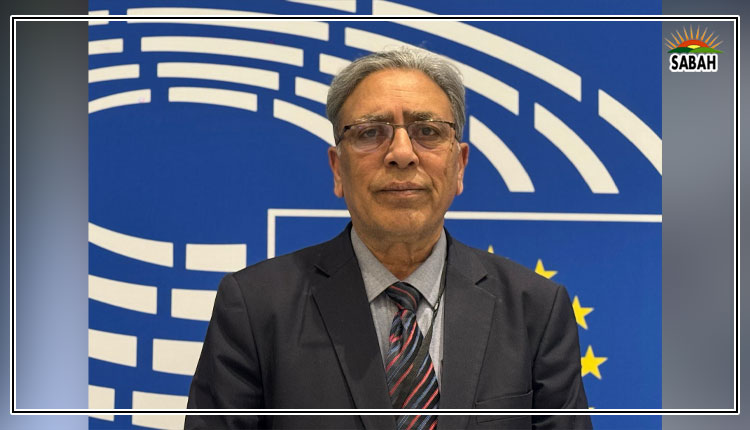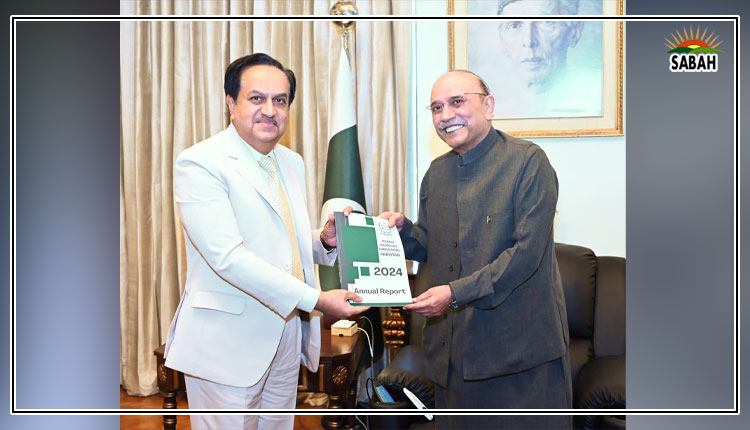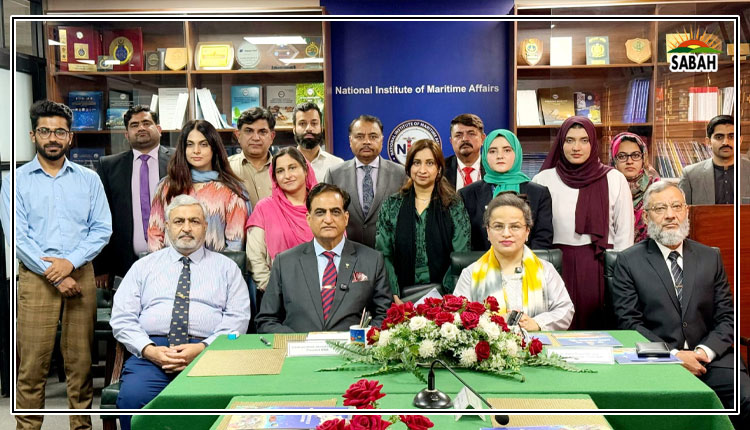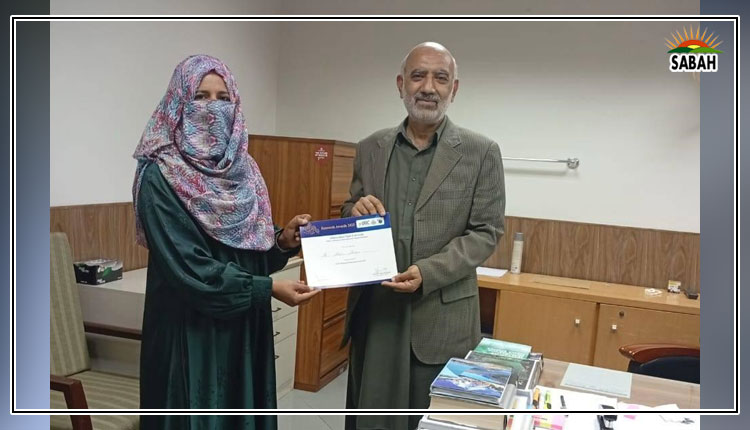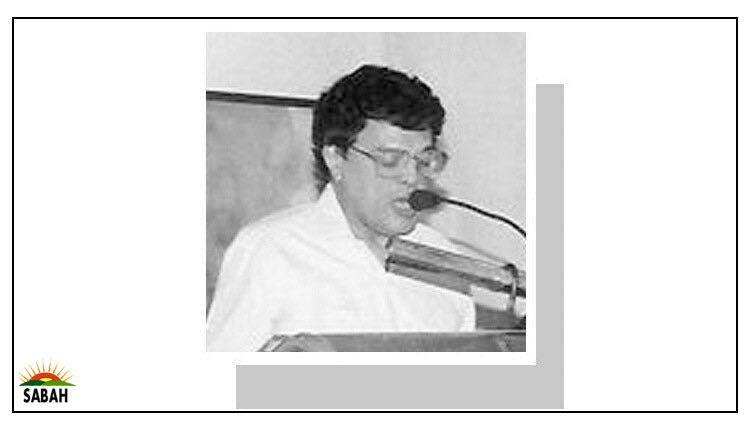Time bomb….Adrian A. Husain
POLITICS the world over fascinates, as it does in Pakistan, partly because of the close view it offers of human behaviour. From this angle, May and June in Pakistan were especially interesting.
May marked a moment of transition when, after an expedient crackdown by the government, a half-baked ideology was supposedly laid to rest.
Within less than a month, however, restraint, on the governments part, suddenly gave way to intransigence. What had started as a simple crackdown became overkill. While the threat of military trials loomed, scores of PTI members were arbitrarily arrested amid tales of custodial torture.
What we have been witnessing is a fairly glaring example of brutalisation at the highest level in the country. Nobody stands exonerated. Human nature and the complex structures of power are to blame.
The common man will no longer be fobbed off.
It should be added, for the record, that there was no overflow of humanity in evidence during Imran Khans tenure as prime minister of the country either.
It is comforting that human rights groups are always there to stand up and be counted, besides pro bono volunteers from the legal fraternity who are ever ready to correct the balance.
Another apparently irresoluble issue is that of undue concern for the self; of the political animal, rather than for his given locus of activity. The mere tokenism that our political leaders deploy in relation to the common good, for instance, is all too apparent.
After the year-long trauma we had to suffer at the hands of the PTI chief, who was ready to demolish our world to satisfy his hunger for power, it is just a little unnerving to see the somewhat jejune election fever in anticipation of the electoral kill already underway.
It is worth remembering that, just as he had left behind a figurative mine in the guise of a petrol subsidy for the PDM to deal with after his ouster as prime minister, the crafty PTI chief has also planted a small time bomb for the next incumbent to manage.
It seems that few have paused to consider the precise implications of Imran Khans insidious mantra for change. What he offered to the demoralised people of the country was, indeed, change; though, curiously, not change as an actuality so much as an idea his own patented, utopian variety.
He went so far as to promise them what they had never dared to imagine: a comprehensive unravelling of the status quo. Sadly for them, they took his word for it and were ready to follow him, regardless of results, to the ends of the earth.
This inevitably meant that all other considerations aside the brand of change had come to the fore of our world and was not going to go away. The message to our rulers was and is clear.
It was that, whatever it took, change, economic as well as social, had to come quickly to Pakistan. This suggested that radical political readjustments were going to be necessary from the point of view of individual leaders in the ruling coalition.
They are all doubtless aware that Imran Khan is a skilled adman who has made the best of his mental resources by picking up on the various fads of the day including and in particular the commonly known fact of the power of social media in the political realm.
That enabled him, during the last year, to develop and sell various personal brands, such as, more prominently, the messiah. It is interesting that he was, paradoxically, more powerful, as a result, outside government than in.
His opponents now face a sizeable dilemma, relating necessarily to a status quo they evidently cherish. Short of performing miracles subsequent to an agreement with the IMF and in the teeth of the cost of debt servicing much is expected of them.
They must reckon with the fact that paying lip service to change will not do. The common man will no longer be fobbed off with placebos. His demand is simple a meaningfully and substantially better life.
Whereas in the heyday of the PML-N, the Asian Tiger and national growth were the buzz, it seems that, in view of the countrys present economic plight, a better balance between micro- and macro-economics might be more appropriate.
In the PPP camp too, with its faintly compromised angle on progress and modernity, some form of ideological renewal will especially in the absence of the charisma of a Benazir be necessary.
The populist brand is beginning to wear just slightly thin. It will no longer be enough to trot out the tired roti, kapra, makan slogan and hope to usher in credible change.
In any case, it appears that, even in defeat, the former cricket star has, ironically, won out by setting the bar impossibly high, leaving his opponents little choice but to try to meet it.
The writer is the founder-chairman of Dialogue: Pakistan, a local think tank.
Courtesy Dawn, June 24th, 2023


